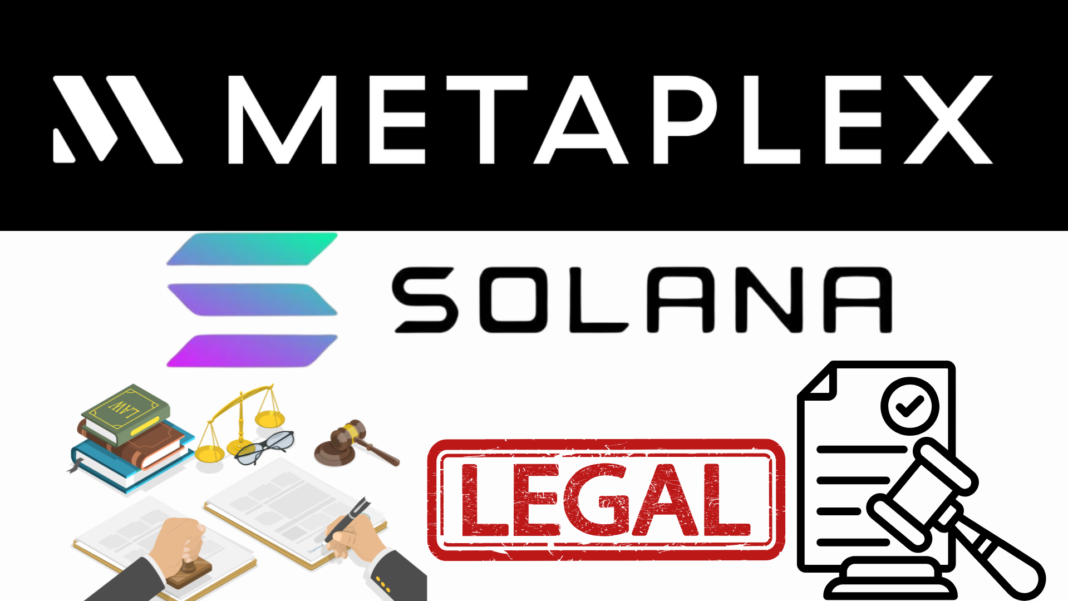Metaplex, the leading Solana-based NFT platform, is facing legal heat after its decision to reallocate over 54,000 unclaimed SOL tokens (valued at approximately $7.3 million) to its DAO treasury.
In an open letter shared via X (formerly Twitter), the U.S.-based law firm Burwick Law warned that the move could lead to legal consequences.
The tokens originate from “resize rent” payments made by users to maintain NFTs on-chain, but many collectors and minters allegedly never received proper notification that their unclaimed SOL would be swept into the DAO.
The sweep is scheduled to occur automatically after April 25, targeting accounts that haven’t completed a process called “adjustment optimization.”
Legal and Ethical Concerns from the NFT Community
Burwick Law, which claims to represent thousands of NFT holders and investors, argues that the Metaplex sweep plan may amount to unjust enrichment, consumer deception, or even unlawful conversion.
In the letter, the firm emphasized that users had paid rent specifically to support the on-chain life of their NFTs, not to fund a DAO they don’t control.
The firm further argued that the retroactive redistribution of these funds undermines trust in the Web3 ethos of clarity, decentralization, and immutability.
Comparisons were made to prior fintech class actions where courts required banks to refund consumers for undisclosed fees, suggesting that similar legal standards could apply here, potentially entitling users to restitution.
Also Read: Taiwan’s Steaker Platform Accused of Illegally Raising $45.17M Through Crypto Investment Plan
A Proposed Path: Refund Majority, Retain Maintenance Fee
Instead of the planned sweep, Burwick Law has suggested an alternative approach to avoid litigation while honoring the community’s trust.
The proposal includes pausing the sweep, upgrading the protocol to return 90% of the unclaimed SOL to current NFT holders, and retaining the remaining 10% as a “network-maintenance bounty” for the DAO.
The 90/10 split is presented as a fair middle ground that balances user protection with treasury sustainability.
According to Burwick, similar on-chain fixes have been implemented successfully in other protocols.
Doing the same here would demonstrate the Solana ecosystem’s ability to self-regulate without involving courts or dragging the issue into prolonged legal disputes.
Also Read: Russian Logistics Firm Urges Government to Legalize Cross-Border Cryptocurrency Payments
A Call for Dialogue Before the April 25 Deadline
With just days left before the planned token sweep, Burwick Law urged Metaplex, Solana developers, and the broader community to come together and implement a user-first solution.
The law firm stressed that failure to reach a resolution could lead to extended legal battles, potentially freezing the funds and hindering development across the platform.
The open letter closes with a call to uphold the foundational principles of Web3, transparency, fairness, and decentralization, by proving that the community can course-correct without external enforcement.
As pressure mounts, all eyes are now on the Metaplex DAO to decide whether it will act to restore trust or risk legal and reputational fallout.


